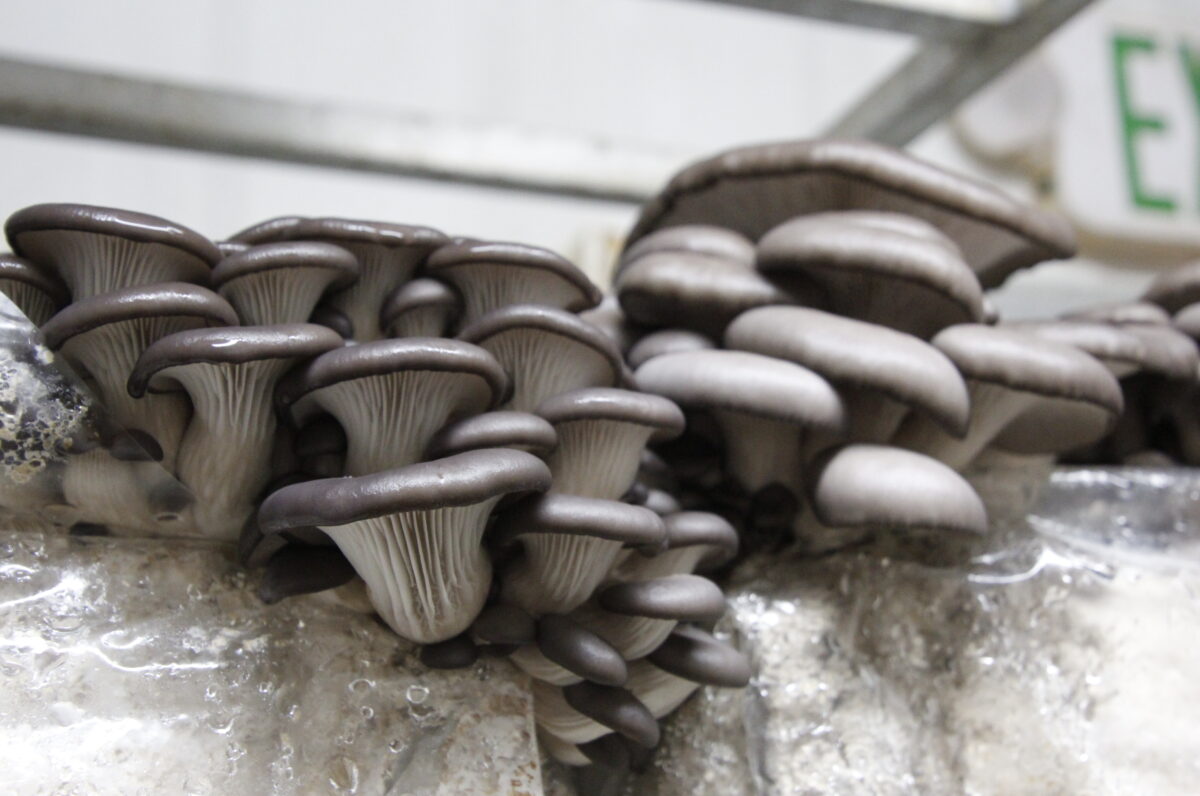Mushrooms have been used for medicinal purposes for centuries in various cultures around the world, and ongoing research shows we’re only scratching the surface when it comes to fully understanding the benefits of fungi.
Immune support is one of the advantages of regularly consuming certain mushrooms. Reishi, turkey tail and maitake have been shown to enhance immune function.
Some mushrooms, including lion’s mane, chaga, and cordyceps, may possess anti-inflammatory properties, and many types of mushrooms (shiitake, oysters and porcinis) are rich in antioxidants, which help combat stress and protect cells from damage. Likewise, adaptogens are composed of substances that help the body adapt to stress and promote overall well-being.
But perhaps of the driving forces behind the recent surge of interest in mushrooms is cognitive health. Lion’s mane, in particular, has been studied for its potential to support brain health, and is believed to promote nerve growth. It may also have neuroprotective effects, potentially benefiting memory and focus.
Cordyceps have long been used in traditional Eastern medicine to enhance energy levels, endurance, and athletic performance. They are also thought to improve oxygen utilization and support the respiratory system. According to Healthline.com, they also have the potential to slow the growth of tumors.
Some types of fungi, such as shiitake, contain dietary fiber and compounds that may promote digestive health. Shiitake mushrooms also contain a compound called lentinan, which has been studied for its potential anti-tumor properties, although nothing conclusive has been declared by health experts.
Further scientific research is needed to validate the effectiveness of ingesting mushrooms. But professional and amateur chefs alike continue to come up with creative ways to incorporate mushrooms into the diets of consumers by crafting delicious sides and fanciful vegan dishes. And one of the biggest plusses is that mushrooms aren’t seasonal; most commercially available fungi grows all year long in warehouses or containerized, controlled-climate environments.

